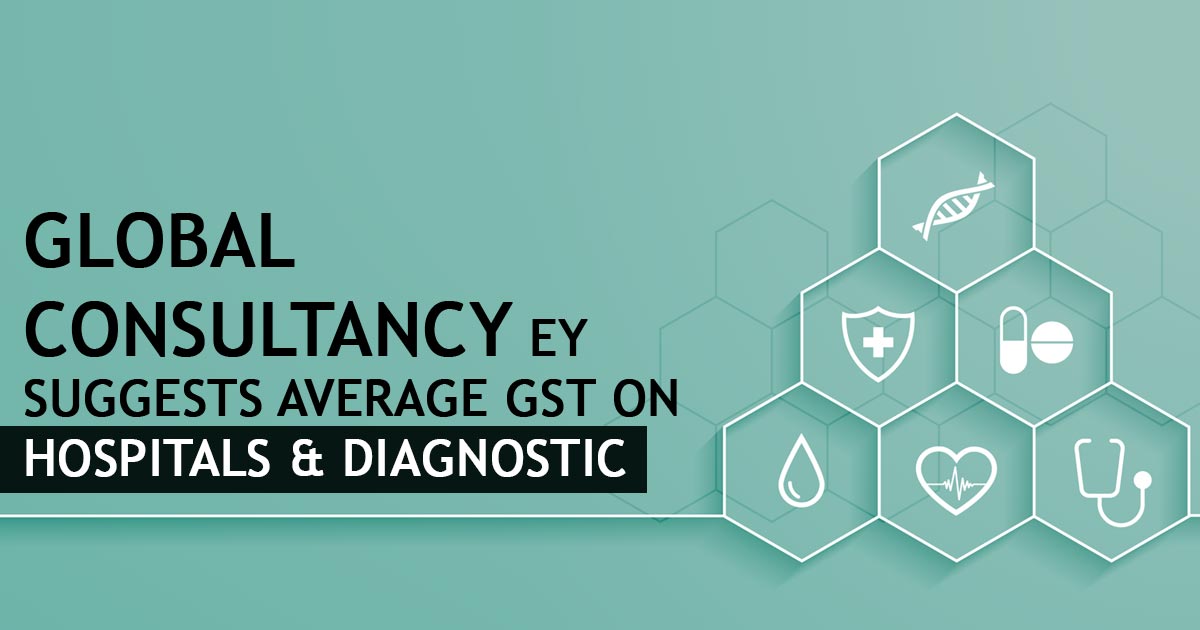
The GST introduction had not rationalised the average embedded tax on the hospitals and diagnostic laboratories, but rather than increasing it, an examination is opted out via global consultancy. During the inserted taxes rate of hospitals increased from 4.3% in 2016-17 to 5.7% in the GST period, it went up from 3.8% to 5.8% for diagnostic centres and testing labs for the period between 2018-19 and 2020-21.
The needed medicines and life-saving drugs account for a major proportion of embedded taxes for hospitals.
“While the average rate of embedded taxes is quite similar for hospitals and testing labs, the inputs leading to blocked input taxes are different for both these segments. For instance, hospitals incur higher expenditure on medicines (both general and lifesaving) as well as contractual labour for cleaning, maintenance and repair services of hospital facilities. Hospitals on average hire more contractual labour in comparison to testing labs, on which they incur a GST rate of 12-18% depending on the nature of the contractual labour hired. This trend was observed across hospitals. Meanwhile, testing labs incur high expenditure on chemicals, reagents and kits to cater to the high volume of testing demand emerging in India. Testing labs also have higher marketing expenditure as compared to hospitals, the report mentioned.”
A breakup of GST bearing expenses for the hospitals revealed that 47% of the tax component would be responsible for the medicines. The Contractual labour expenses were 28% and instruments and appliances accounted for 12%. Towards the concern of testing laboratories, consumables and reagents accounted for 44% to 75% of the total GST bearing expenditure. Rent (14%) and computer services (8%) were some of the additional features.
To rationalise the effective GST rate on the healthcare providers, the government must either exempt the sector from GST compliance or introduce a zero-rating on healthcare services. The same wants the commission set up via GST official to see the rate rationalisation and suggest the GST rate reduction towards some services. Diagnostic kits and reagents, various medicaments, medical, surgical or veterinary furniture, instruments and appliances utilised in healthcare services are some of the product classes that have been recommended. A constant 5% GST rather than the current 12% and 18% rates is what has been proposed.